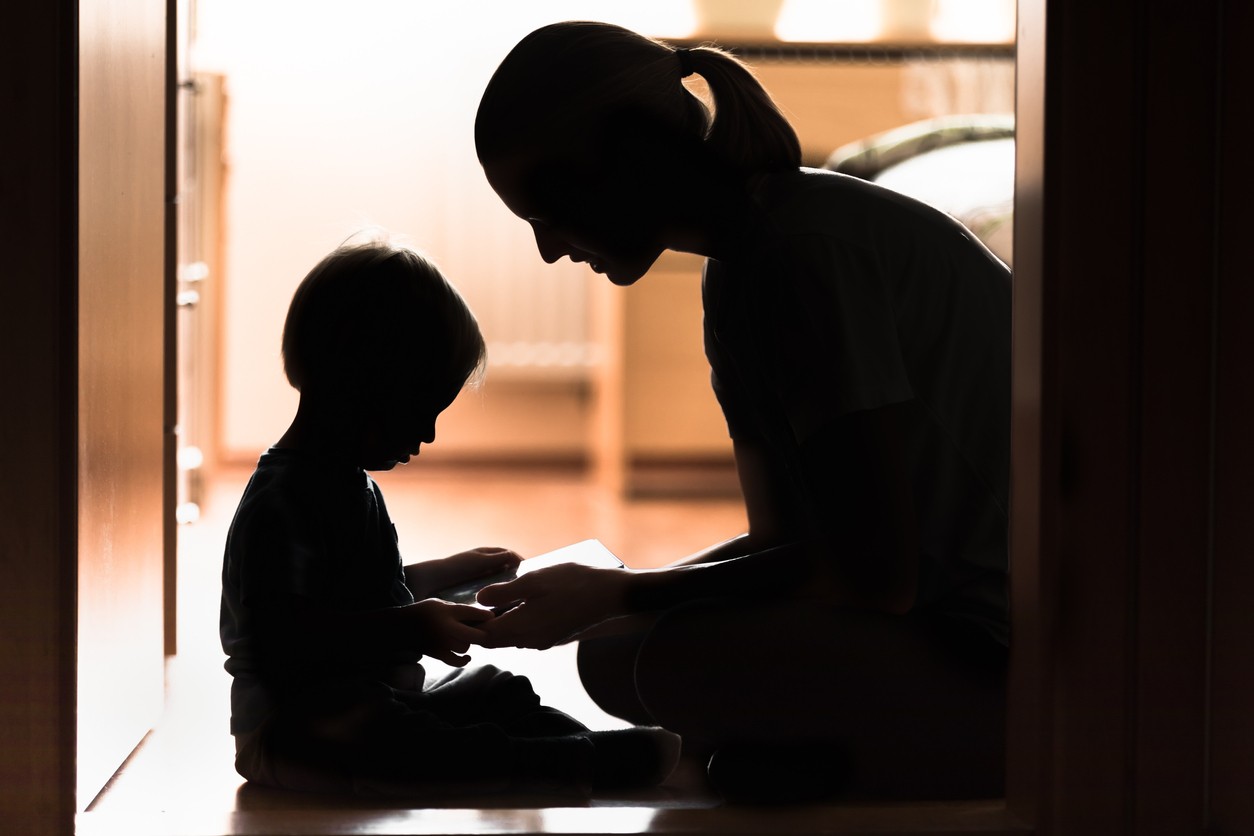IEPs in the COVID-19 Era: IEP Meetings, Compensatory Education, Collecting Data
by Pete & Pam Wright
Wrightslaw.com
Print this page

As you learn new ways to manage your child's special education in the COVID-19 Era, you have so many new questions.
In this issue of The Special Ed Advocate, we wanted to share information from a recent webinar and podcast when we answered questions about many topics, including compensatory education.
Because most children with disabilities are not receiving the instruction and services in their IEPs, they are likely to need compensatory education services. Compensatory education ("comp ed") are educational services a child with a disability needs to make up for skills or learning that were lost when schools were closed during the COVID-19 pandemic.
Your school district is responsible for providing compensatory services so Comp Ed is a very hot topic.
To prepare for recent webinar and podcast events, Pete researched the law about comp ed and wrote this article: "Compensatory Education: Evolution of Case Law." You will find a link to the article below.
**************************
1. Special Education During the COVID-19 Pandemic Webinar
Parents have so many questions about their children's special education rights and needs during this time of quarantine.
Dr. Roseann Capanna-Hodge realized that parents did not know where to turn for answers to their questions so she decided to hold a Town Hall style webinar and invited special ed attorneys to answer parents' questions:
The attorneys who answered Dr. Roseann's questions were:
- Pete Wright
- Piper Paul
- Wayne Steedman
- Jack Robinson
In an exciting two-hour webinar, Dr. Roseann asked and the attorneys answered questions in several areas including:
- What is the Federal Law During the COVID-19 Quarantine?
- What is Compensatory Education?
- How Can Parents Advocate for their Child Right Now?
- Importance of Data Points: Evaluations and Collecting Data
You can access the webinar on Dr. Roseann's site at https://drroseann.com/special-education-during-a-pandemic/
**************************
2. Special Offer: 25% Off on the Wrightslaw Bundle
The Famous Wrightslaw Bundle - Was $77.80. Now $58.35!
The Bundle includes 4 Wrightslaw books:
- Wrightslaw: Special Education Law, 2nd Edition,
- Wrightslaw: From Emotions to Advocacy, 2nd Edition,
- Wrightslaw: All About IEPs and
- Wrightslaw: All About Tests and Assessments, 2nd Edition.
You'll find more great deals in the Wrightslaw Store!
**************************
3. Let's Talk Sped Law Podcast: Pam and Pete Wright Discuss Strategies for Parents During School Closures
Let's Talk Sped Law is a national podcast dedicated to all things relating to special education law. The podcast is hosted by special education attorney, Jeffrey Forte, Esq.
In a wide-ranging interview, Jeff asked tough questions:
- What does the US Dept of Ed guidance on providing the special education and related services in a student's IEP or 504 Plan "to the greatest extent possible" mean?
- Should school districts be holding IEP meetings to discuss distance learning plans?
- How should we determine present levels of performance for students in the fall?
- What do you think school should look like in the fall?
- What should parents be doing now if their child is not able to access distance learning opportunities?
- What is compensatory education?
We hope you will join us for more episodes of Let's Talk Sped Law with Jeff Forte.
*******************
4. Compensatory Education: Evolution of Case Law by Pete Wright
Compensatory education is not in the law (IDEA 2004), the federal special education regulations, or in state laws and regulations.
Compensatory education is a concept created and fine-tuned by the Courts as case law. To understand how the law evolved, you need to know the history of compensatory education.
In addition to changes to the law by Congress, the other source of changes in special education law are created by the decisions issued by the U.S. Supreme Court and the Courts of Appeal.
The law about a child's entitlement to compensatory education is a direct result of three decisions by the U. S. Supreme Court (SCOTUS): Burlington in 1985, this author's Carter case in 1993, and the recent Endrew F. case in 2017.
Decisions from the Courts of Appeal caused a major shift and are the focus of this article, Compensatory Education: Evolution of Case Law.
Created: 05/27/20
Revised: 00/00/00

